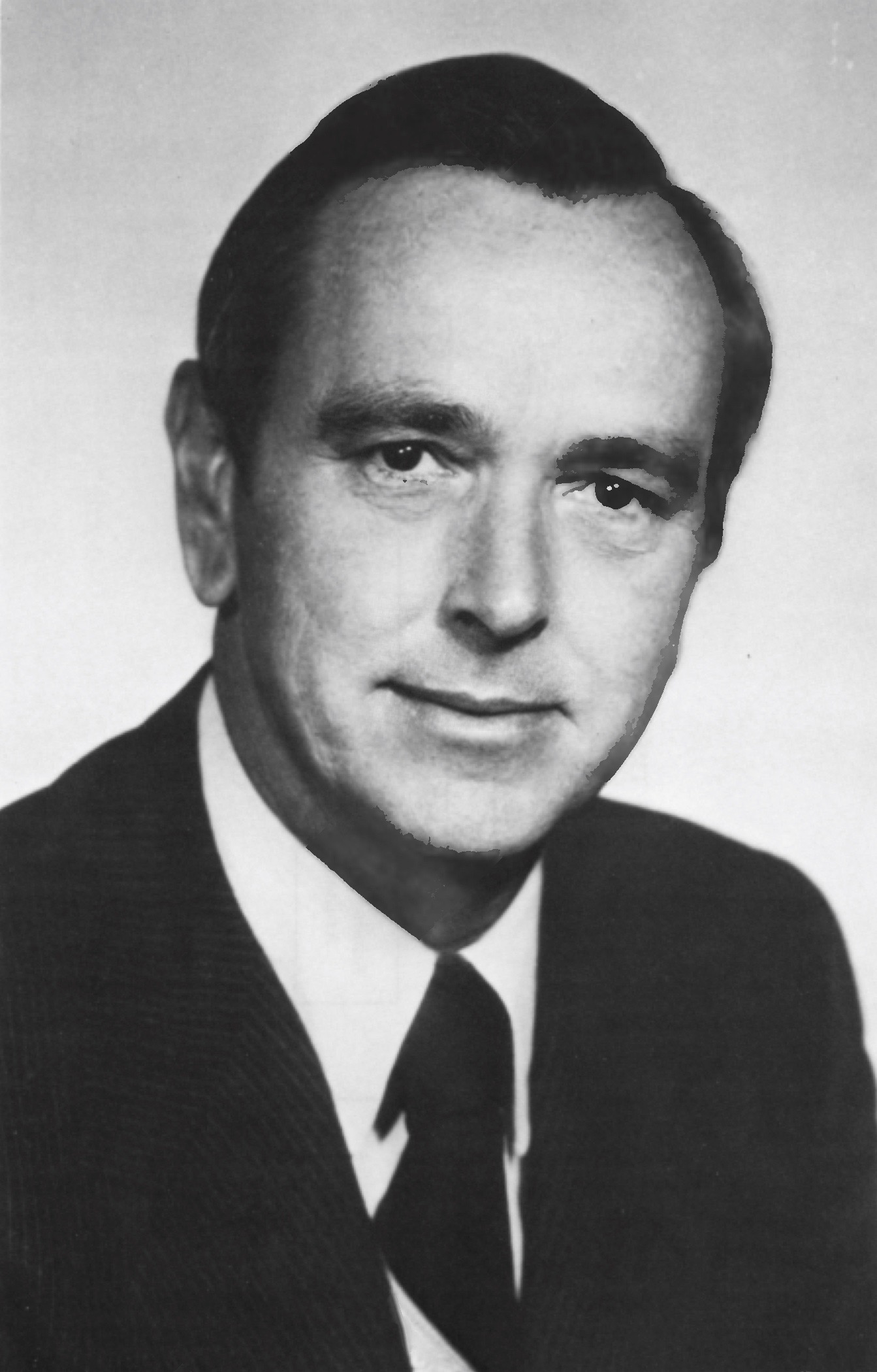Georgia
Gov. William Rabun
- March 4, 1817 - October 24, 1819
- Democratic-Republican
- April 8, 1771
- October 24, 1819
- North Carolina
- Democratic-Republican
- Succeeded, Died in office
- Army
About
WILLIAM RABUN was born in Halifax County, North Carolina, on April 8, 1771. In 1785 his family moved to Georgia, where he received a rudimentary education. Rabun served in 1793 as a captain of the Greene County militia. He also was a justice of the peace in Hancock County 1799 and justice of the Inferior Court from 1802 to 1810, and was a one-term member of the Georgia General Assembly in 1805 and 1806. He was a member of the Georgia Senate from 1810 to 1816, serving as president of the senate from 1812 to 1816. In March 1817, Governor David B. Mitchell resigned from office, and Rabun, who was president of the senate at the time, assumed the duties of Georgia’s governorship. He clashed with General Andrew Jackson in 1818 after the accidental destruction of a friendly Indian town by militia who were dispatched to protect isolated farms. Rabun implied that Jackson was a military despot. Eight months later, after finishing Governor Mitchell’s term, Rabun was elected by the general assembly to serve his own term in the governor’s office. During his tenure, the penal code was amended, the construction of the state penitentiary was finished, education was advanced, and the state’s waterways were improved. Rabun was an ardent and respected member of the Baptist Church. While governor he commuted to his plantation each weekend so he might continue as clerk of his church. Governor William Rabun died in office on October 24, 1819. He is buried at the Powelton Baptist Church Cemetery near Sparta, Georgia. A county in the north Georgia mountains was named in his honor in 1819.
Source
Cook, James F. Governors of Georgia, 1754-2004. 3d ed. Macon, Ga.: Mercer University Press, 2005.
Sobel, Robert, and John Raimo, eds. Biographical Directory of the Governors of the United States, 1789-1978, Vol. 1, Westport, Conn.; Meckler Books, 1978. 4 vols.











